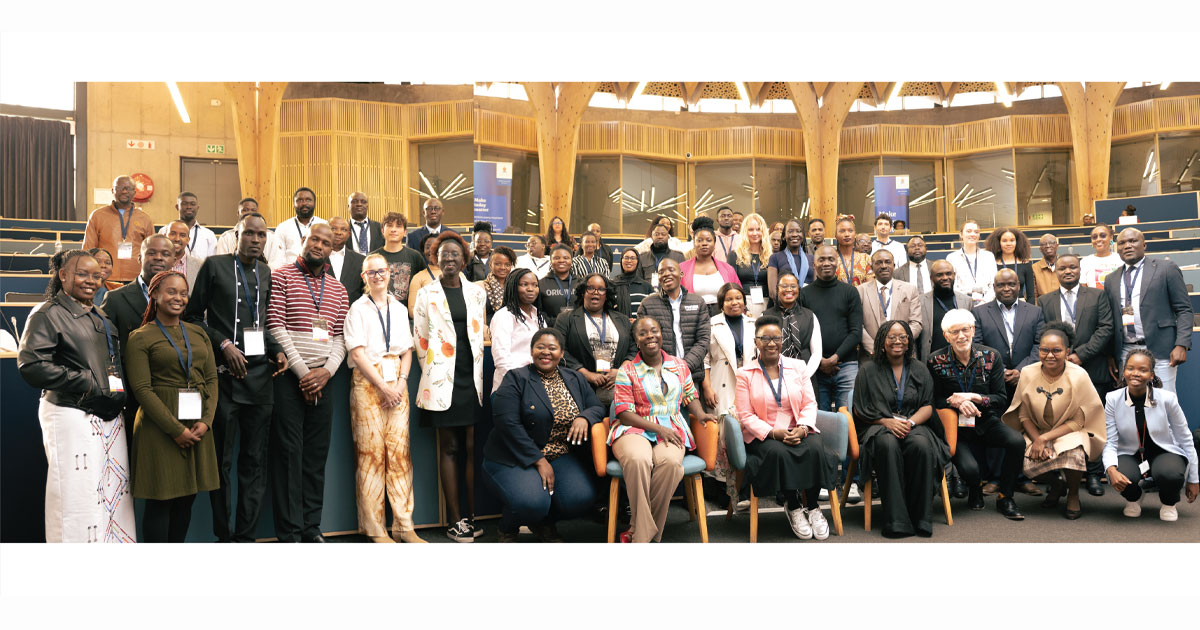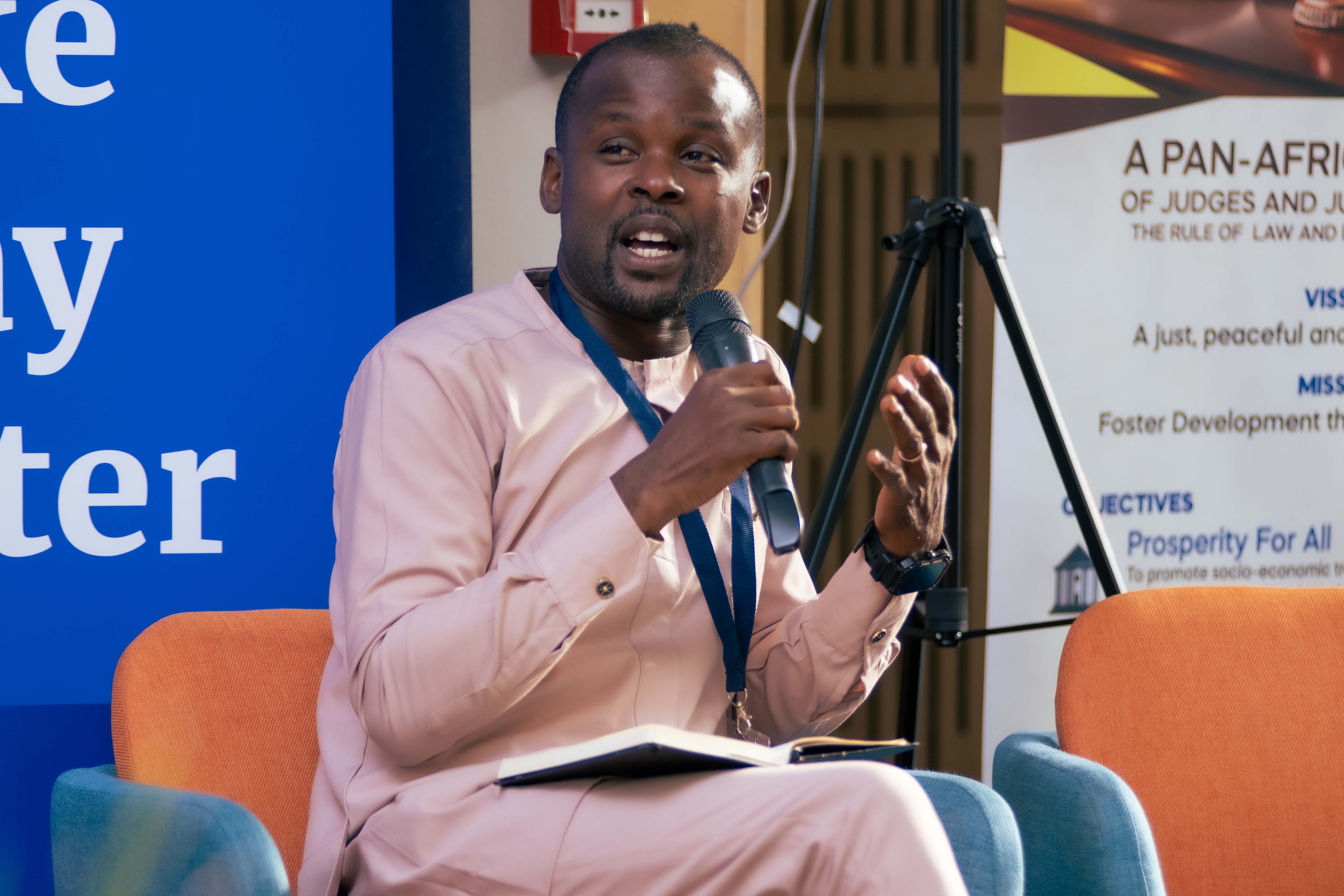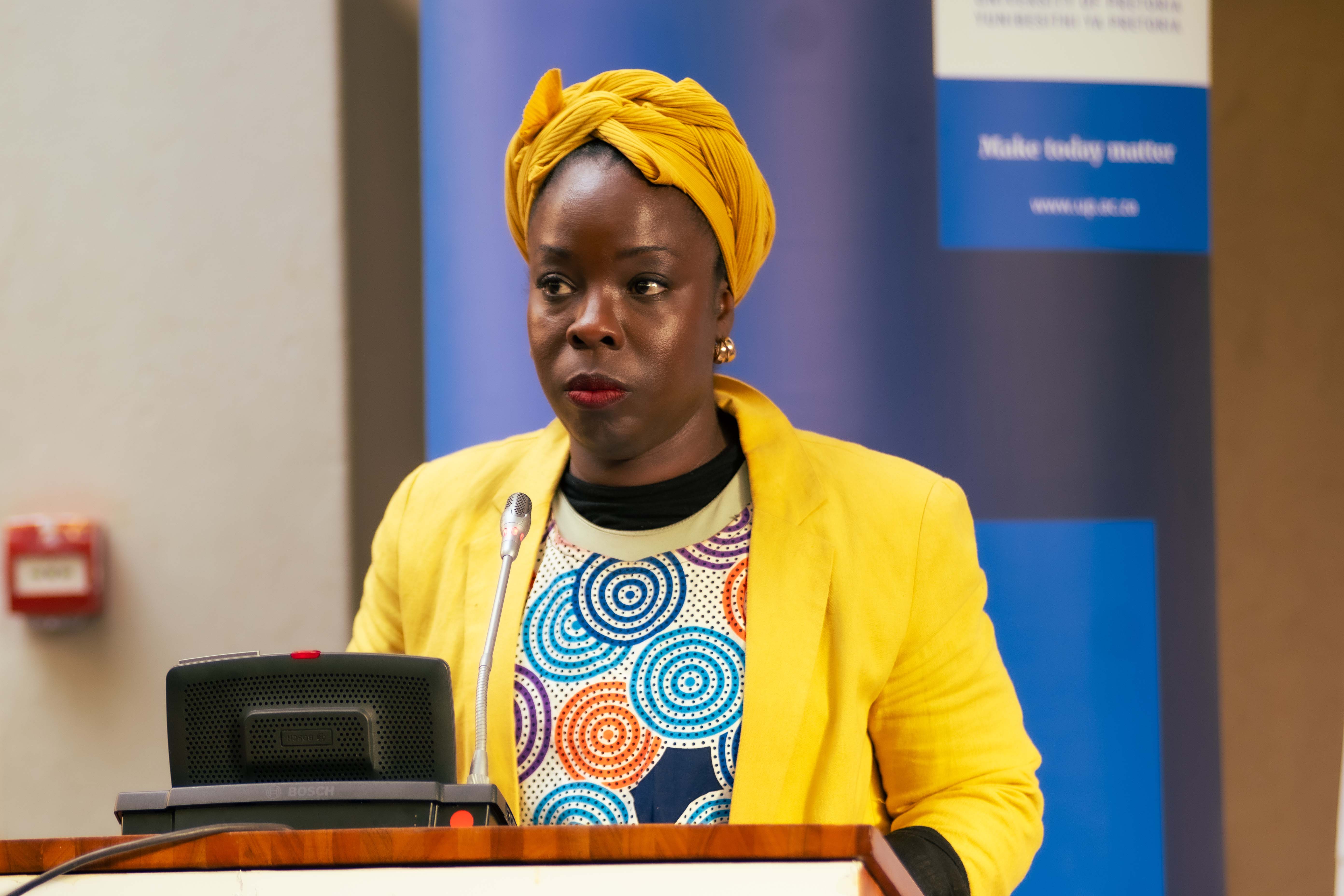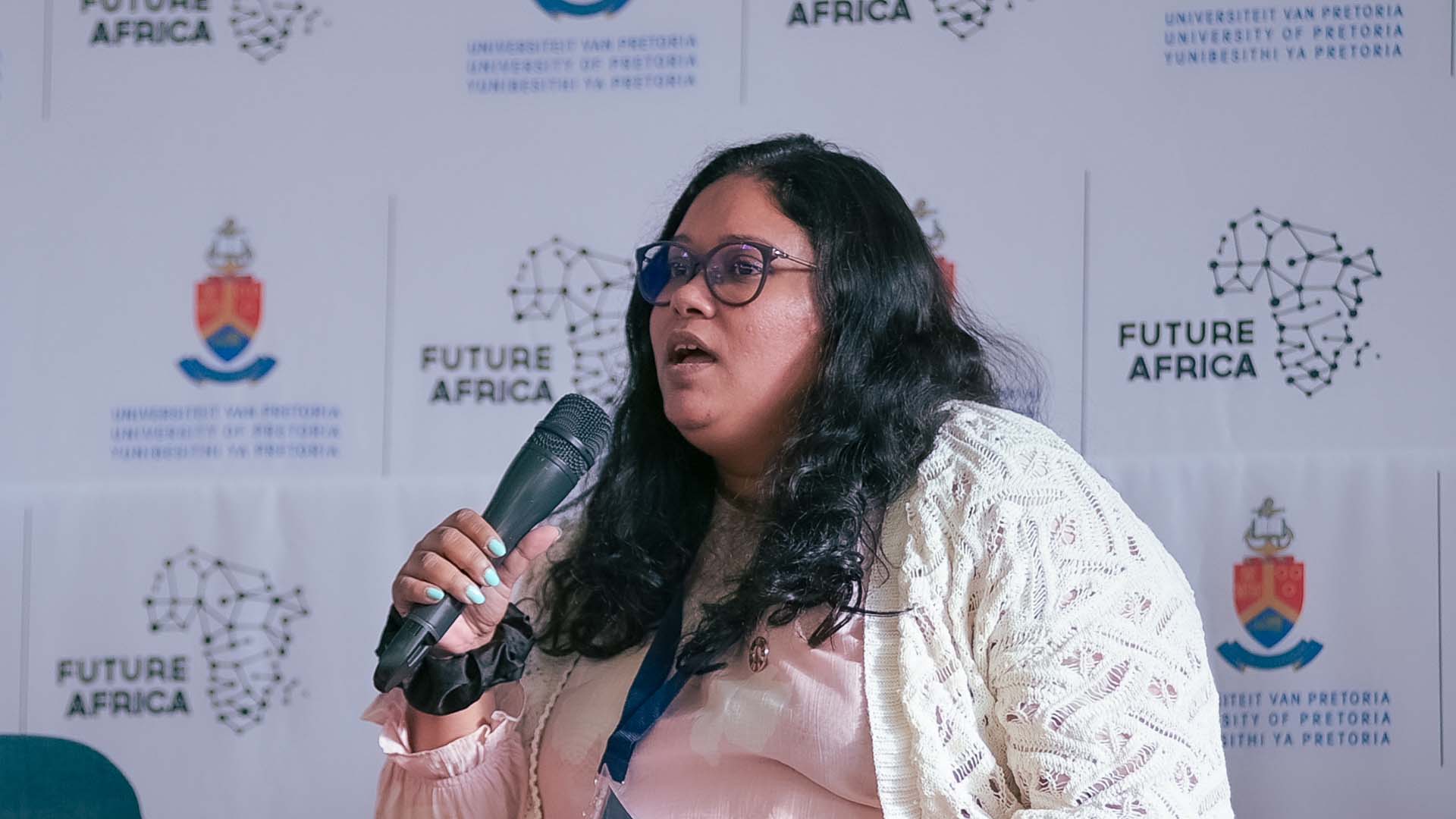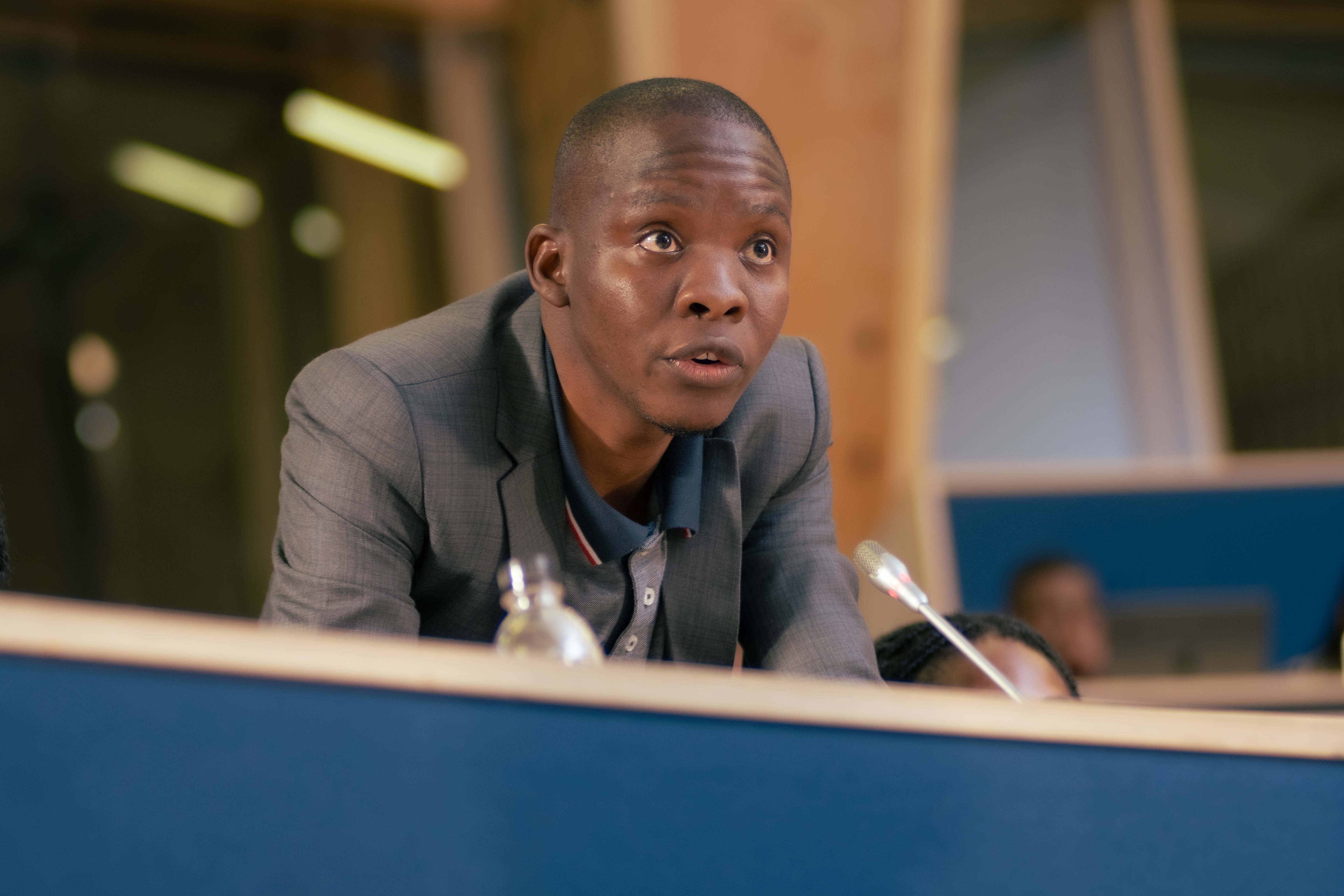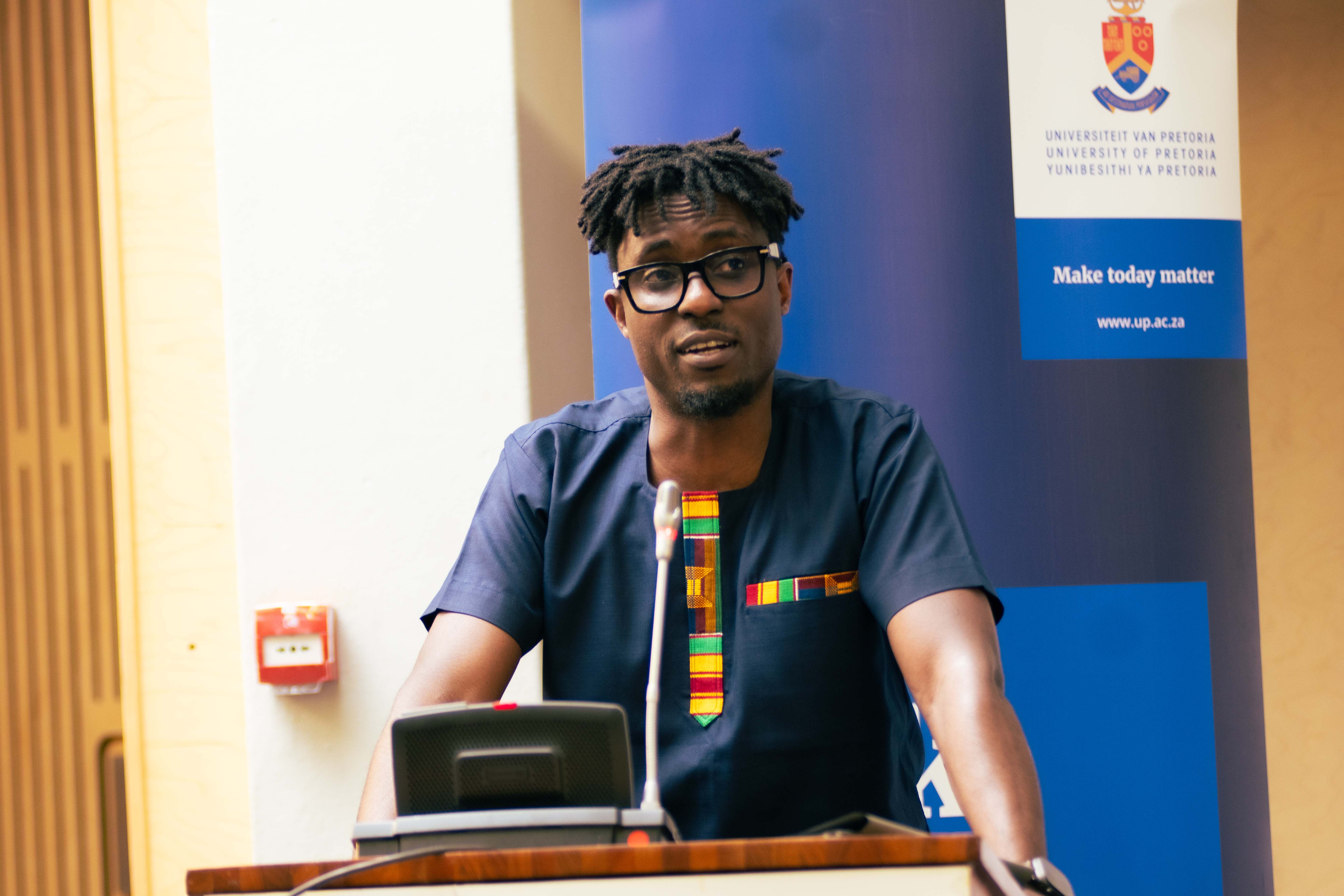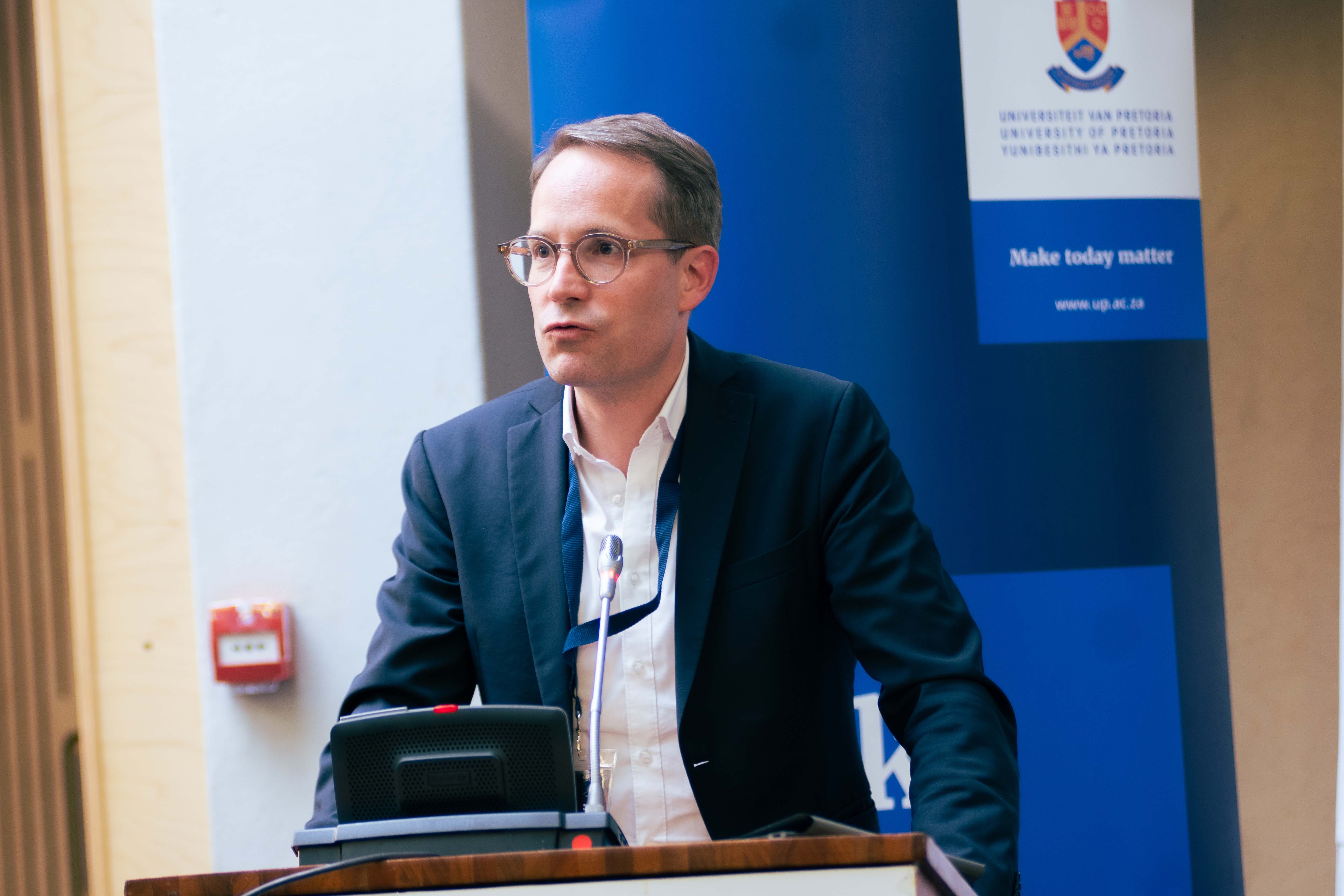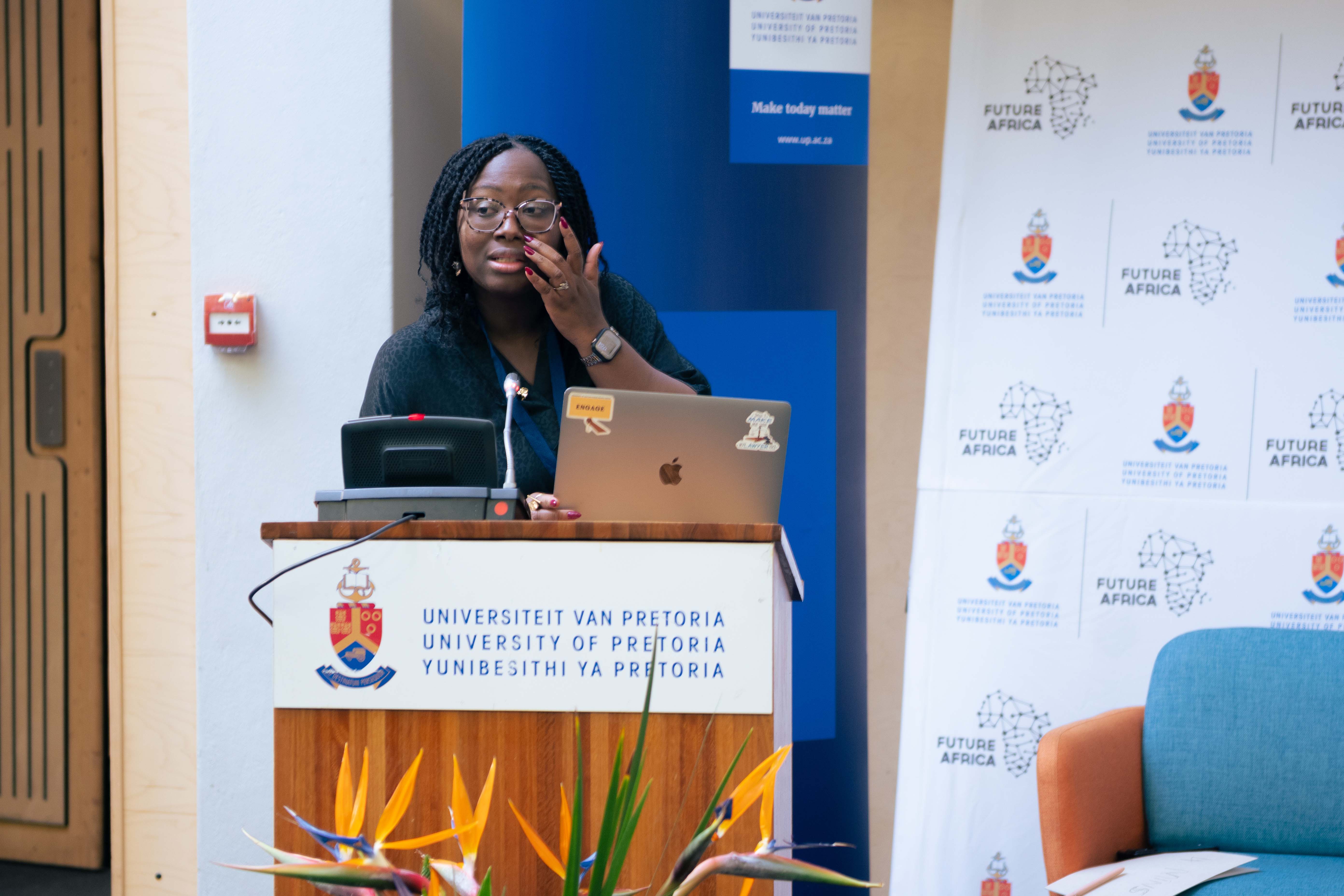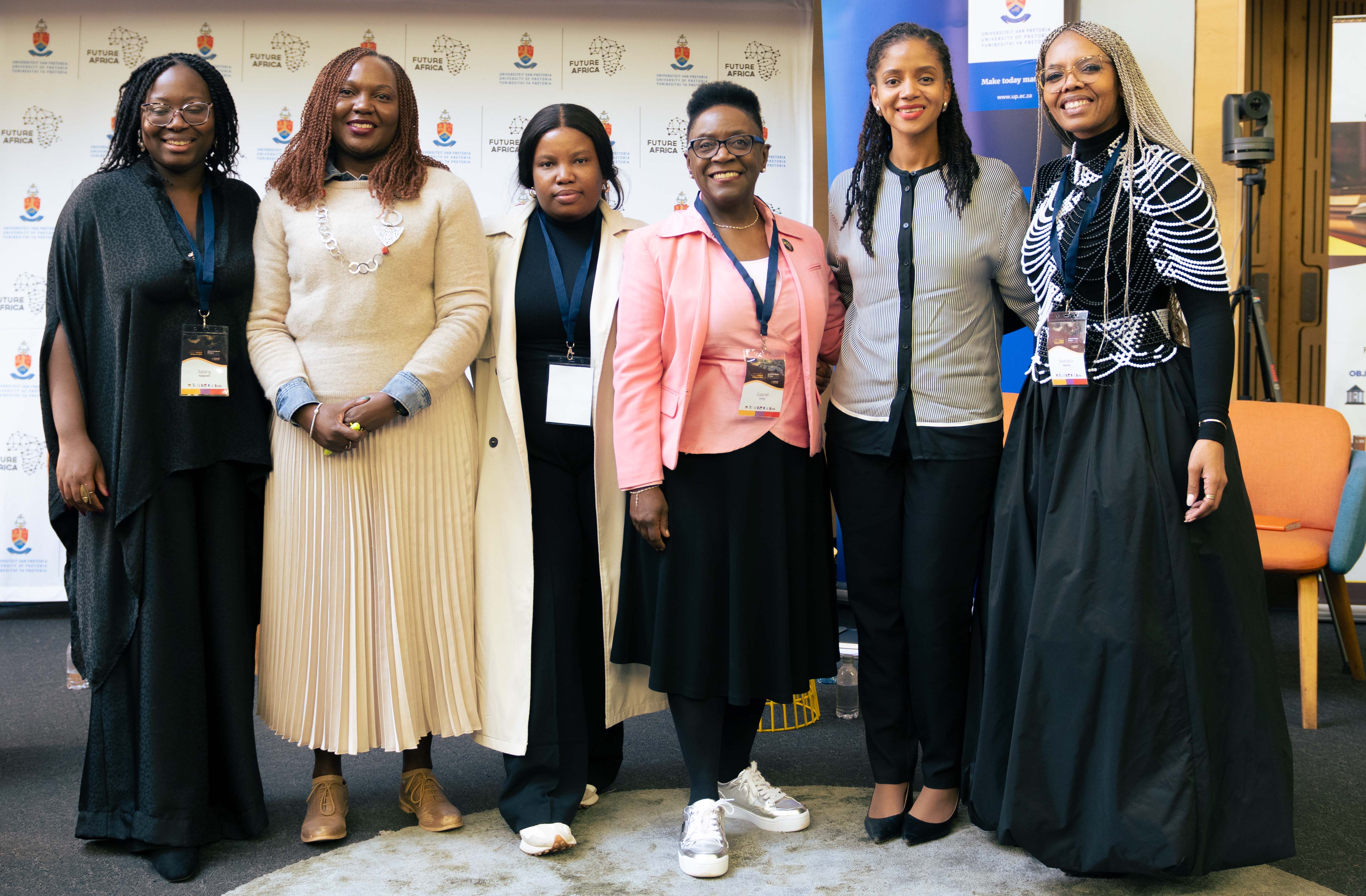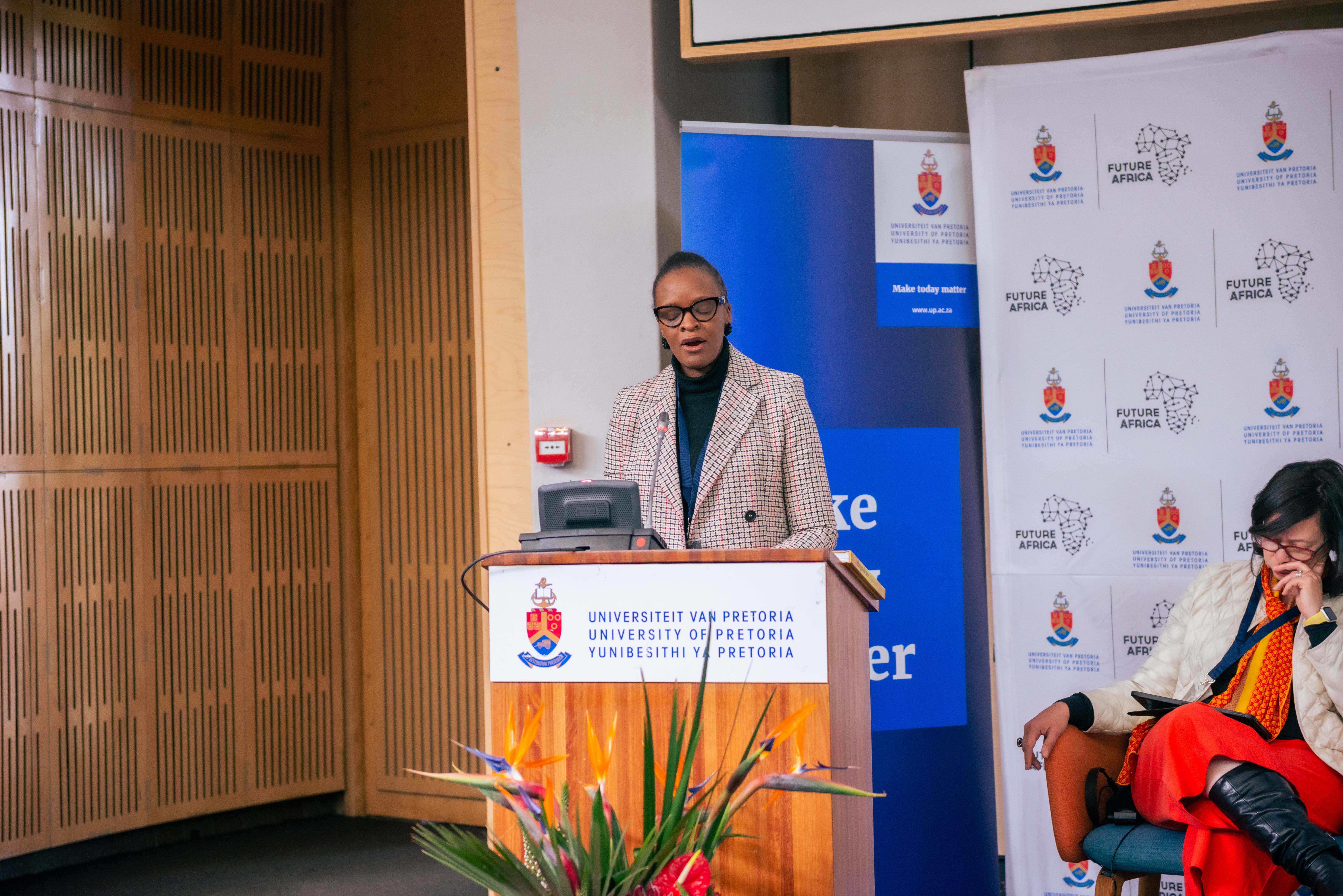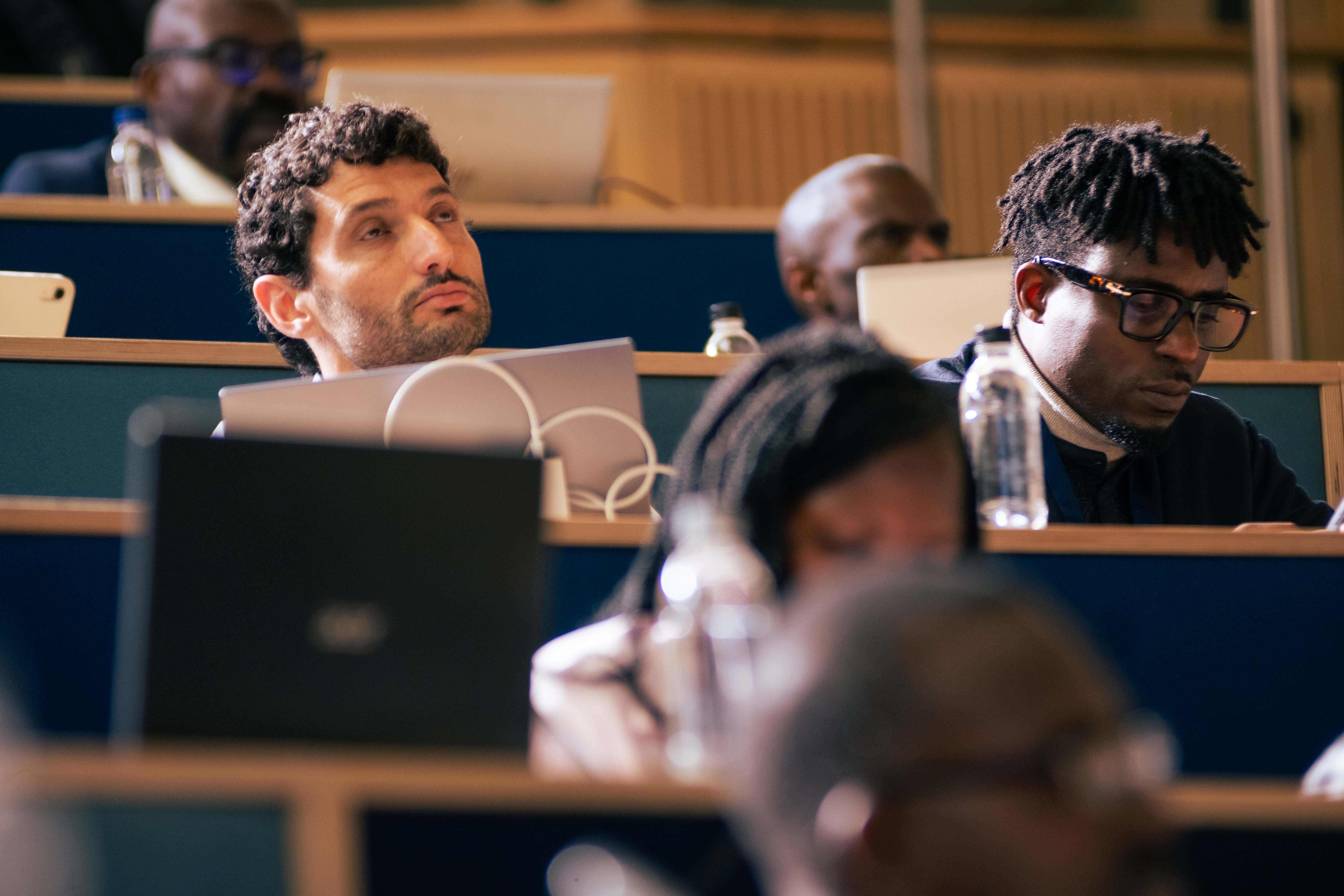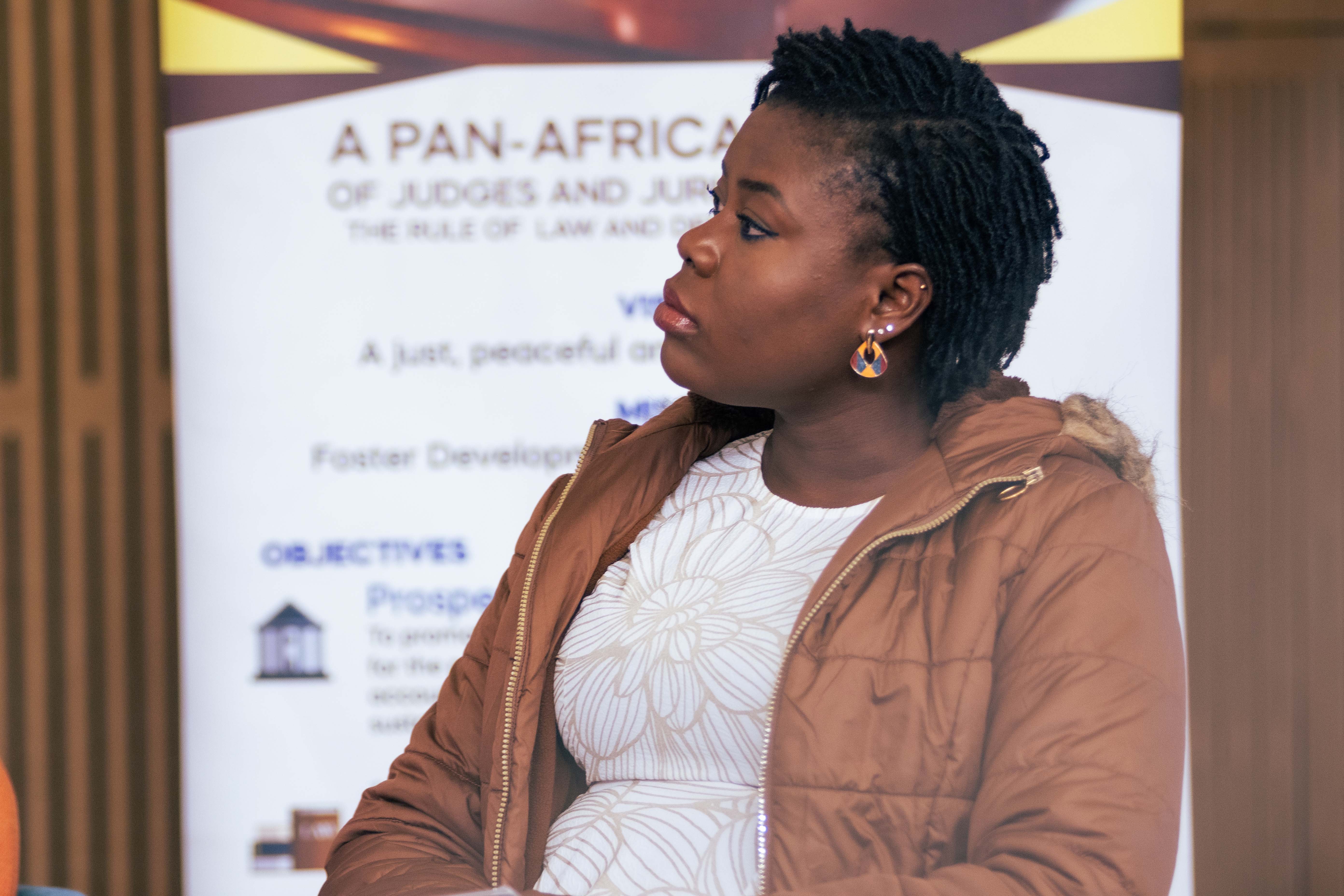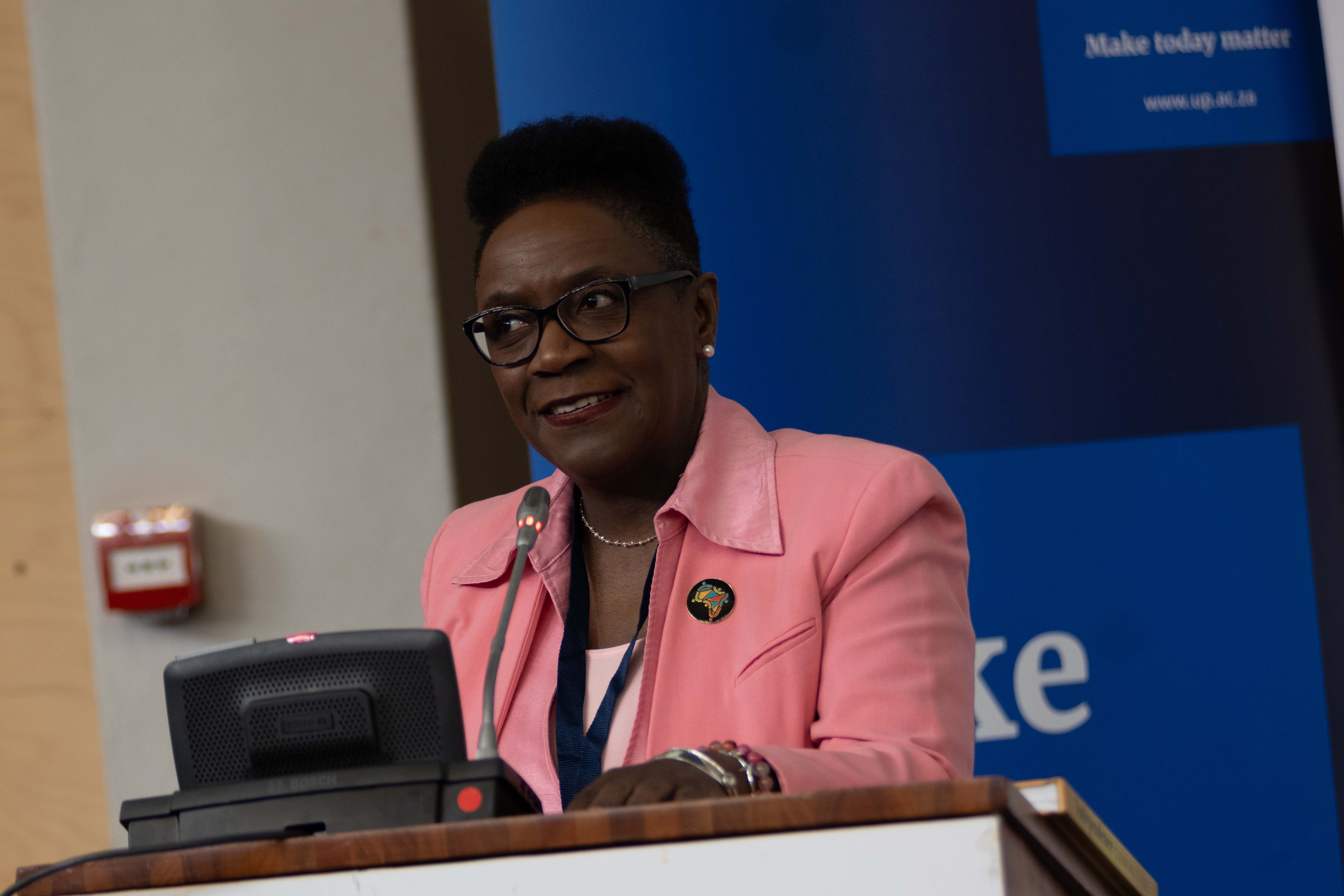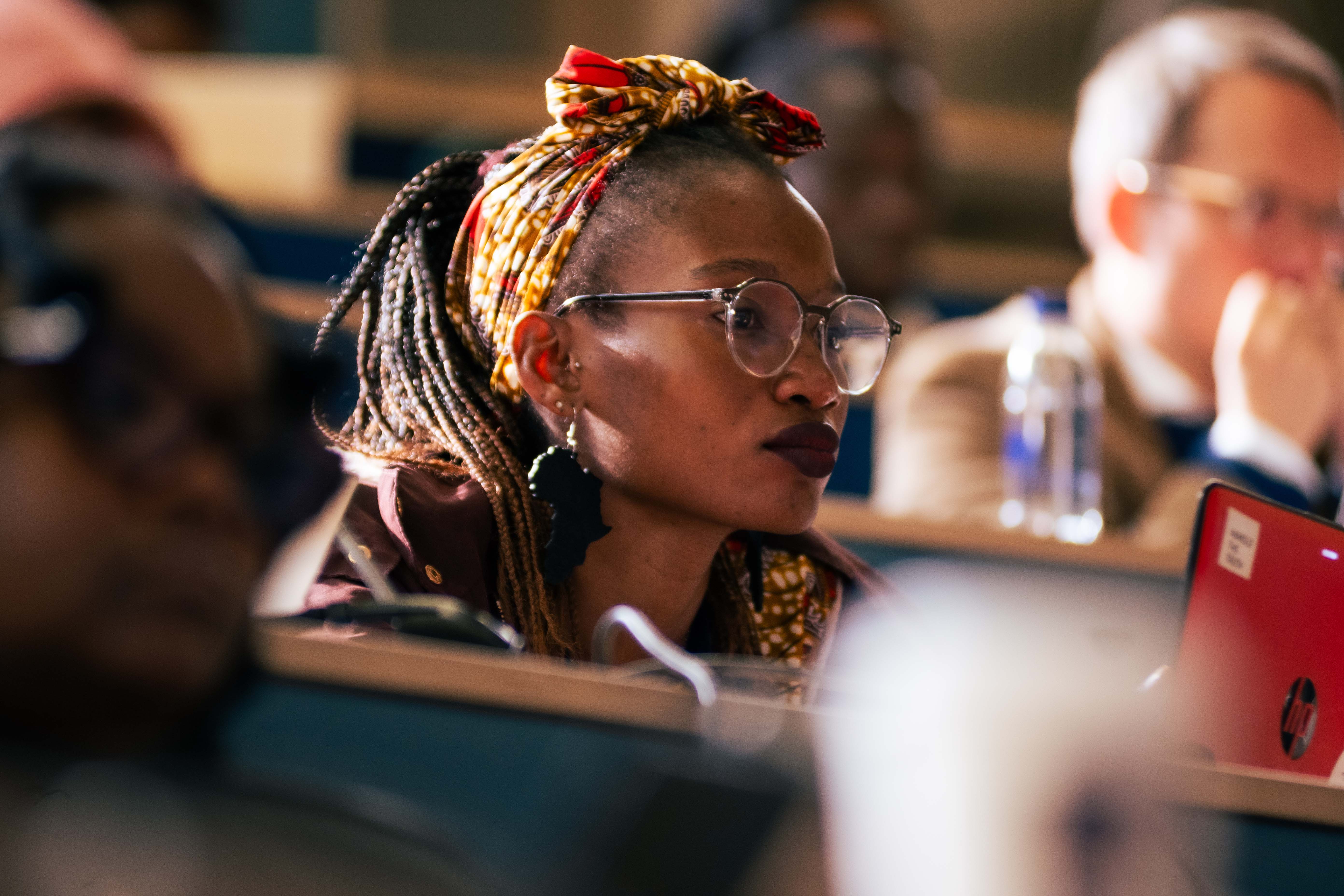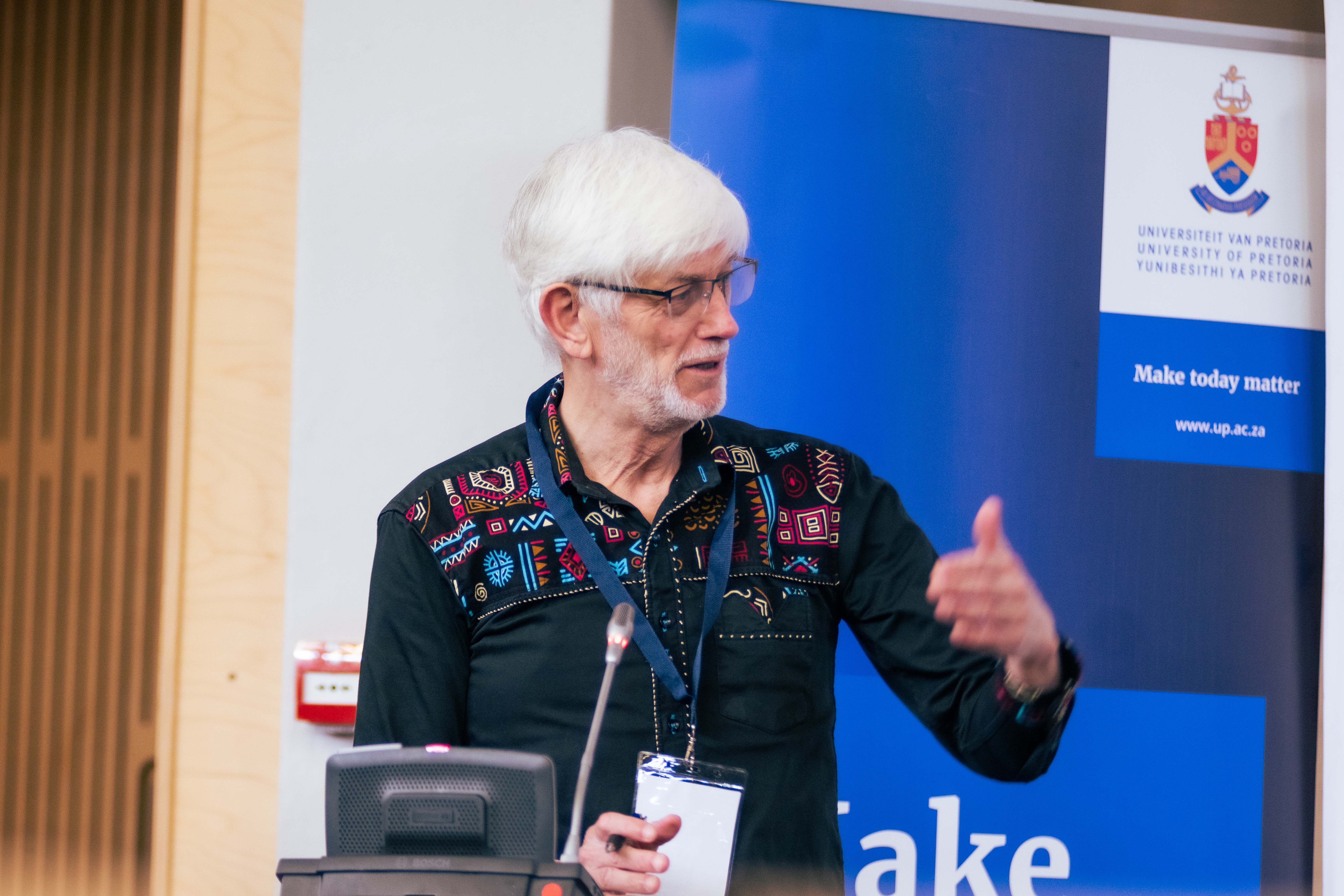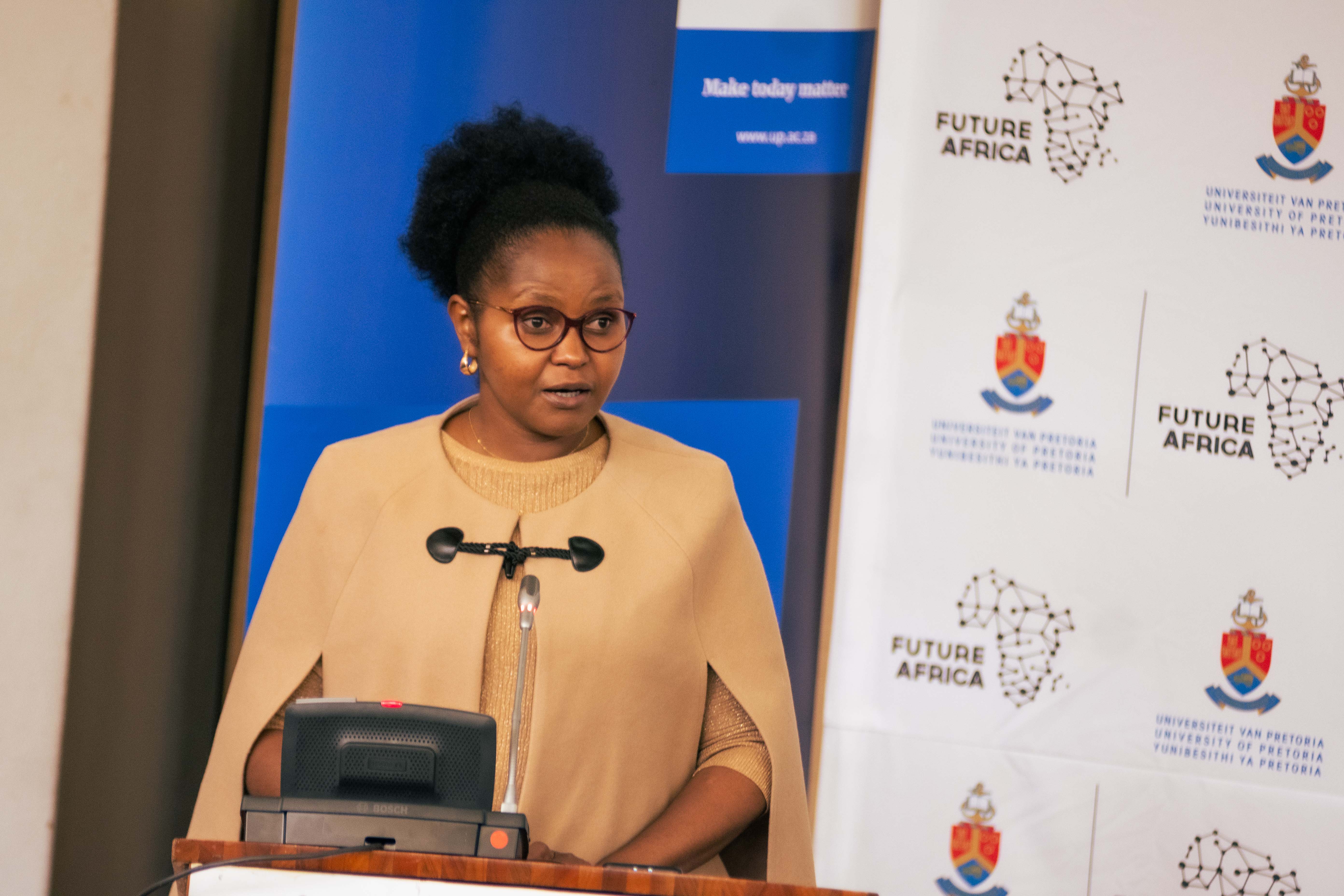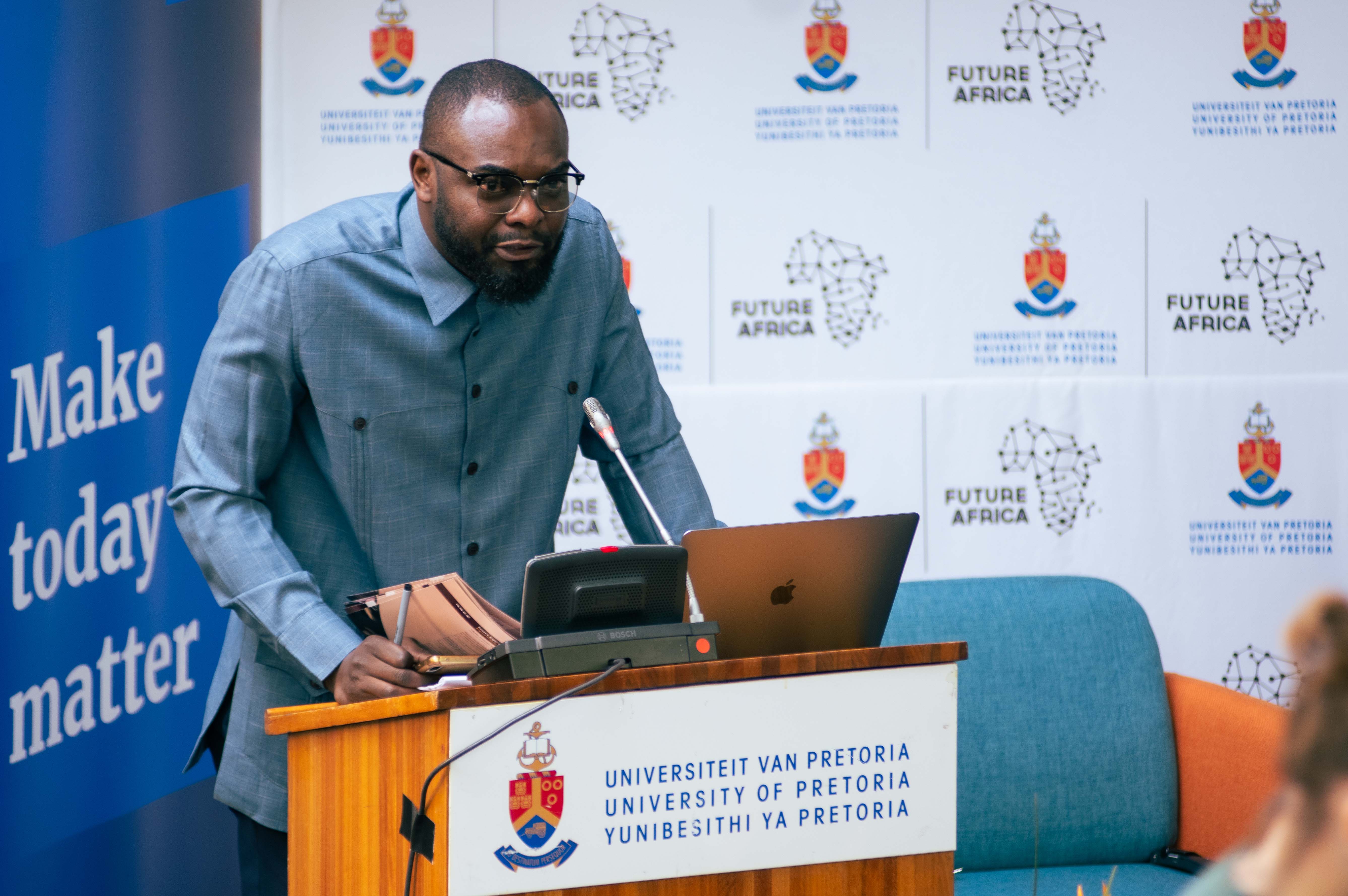A conference on the African-Caribbean Dialogue on Justice through Reparations was held on 2 and 3 June 2025 at the University of Pretoria’s Future Africa campus. The event was organised and hosted as a collaboration between University of Pretoria’s Centre for Human Rights and South African National Research Foundation Chair in International Constitutional Law, the University of The Bahamas, Université de Goma, Africa Judges and Jurists Forum and the Bahamas National Reparations Committee. The conference brought together scholars on one of the most current and controversial topics of the century, namely, reparatory justice for the transatlantic enslavement of Africans and its continuity through colonialism.
The bilingual (English and French) conference, which was held in a hybrid format, was attended by 95 scholars, practitioners, professionals and students from across Africa, the Caribbean and Europe, with 165 participants joining online. Thirty five papers were presented over the days.
In her welcoming remarks Prof Lorretta Ferris (Vice Principal: Academic, UP) emphasised the importance of the event against the background of the African Union (AU) having declared the year 2025 a year for reparations for people of African descent, and noted that demand for reparations has taken momentum on the continent. She stressed that in order for people of African descent to have justice it is important to have these conversations. Representatives from the University of The Bahamas, Université de Goma, Bahamas National Reparations Committee, Africa Judges and Jurists Forum, Office of UN High Commissioner for Human Rights, Regional Office for Southern Africa, UN Permanent Forum on People of African Descent and UN Working Group of Experts on People of African Descent followed and elaborated on the notion of reparations and what it means for people of African descent. These speakers stressed the need for accountability and justice from enslavement and colonialism for Africans and people of African descent. It was argued that there can be no real development in Africa without genuine discussions on reparations.
The first day of the conference was dedicated to setting the scene and unpacking the notion of reparations and what reparations truly mean for persons of African descent and different case studies. On the sub theme of ‘African-Caribbean dialogue’ the speakers from the African Court on Human and Peoples’ Rights (African Court), African Commission on Human and Peoples’ Rights (African Commission), African Committee of Experts on the Rights and Welfare of the Child (African Children’s Committee), CARICOM and AUDA-NEPAD indicated that statements of regrets by colonial masters on people of African descent are not sufficient. It was emphasised that there is a need for return and resettlement of people of African descents, restoration of historical memory, return of cultural property, psychological rehabilitation and debt cancellation. The speakers acknowledged difficulties to reparations, including political reluctance, lack of funding, inventory on looted property and lack of expertise on the issue.
The discussion started with an attempt at conceptual framing of reparations from multiple angles. Speakers indicated that exclusion of cultural harm, statistical quantum, jurisdictional challenges bring about difficulties in the quest for true reparations for Africa. It was acknowledged that biocultural exploitation and the exclusion of African indigenous knowledge during colonialism harmed African states and there is need for restitution.
Case studies of the quest to reparations in Africa were presented, with the focus falling on Ethiopia, Kenya and Zimbabwe. The role of Belgium and Portugal in the slave trade and colonialism, and steps taken to remedy their roles, received particular attention. Throughout, it was acknowledged that transatlantic slave trade and colonial rule was accompanied by atrocities such as loss of life, torture and economic deprivation. The presenters acknowledged that key challenges exists, including the lack of specificity of victims, the lack of documentation and corruption in Africa. The speakers concluded that acknowledgement of these atrocities by the colonial masters is not enough, restitution and compensation must also follow.
The need for reparations was discussed through the prism of the thematic concerns of land, culture, health, the environment and the climate.
Speakers noted that land expropriation constitutes systematic injustice and that colonial authorities expropriated land and expelled native populations from ancestral lands. Speakers drew examples from Kenya, South Africa, Tanzania and Zimbabwe. Key speakers argued that even though laws exists for land reform such as in South Africa and Zimbabwe, these laws have been marked by a lack of implementation arising from lack of political will and bureaucratic processes which are discrimination. They concluded that African countries needs to fast tract land restitution and foster pan-African cooperation and fast track compensation to those who have lost their land.
Addressing reparations and culture, speakers noted that colonial hierarchies exist in intellectual property law and Eurocentric notions of protection have marginalised and exploited women’s artistic inventions. African artworks and artistry continue to be exploited while there is no compensation to Africans. It was concluded that African women must lead the design of these reparations.
The last two panels dealt with reparations and health, the environment and the climate. In these panels the speakers stressed that climate change in Africa is a direct effect of colonialism. It was argued that beyond colonisation, international climate frameworks continue to sideline the Global South and unequal trade regimes. It was argued that African countries should not work in silos but should foster unity. It was concluded that there is a need for climate injustices done to Africa to be repaired.
The role of the African Union human rights bodies in strengthening the process of reparations was also considered., Speakers agreed that African human rights bodies have a role to play in the reparatory justice. The African Commission on Human and Peoples’ Rights, in particular, should take a leadership role in advancing reparatory justice on the continent through advocacy, and the adoption of general comments and resolutions.
On reparations beyond the state, different speakers delved on the role of grassroots movements, International Court of Justice (ICJ) and the AU on bringing reparative justice. It was contended that these institutions can be used to strengthen the quest for reparations. In terms of the ICJ, it was argued that through its advisory opinions it can galvanise the international community to rally behind people of the African descent in seeking reparations from the colonial masters. It was also contended that sovereign debt in African is a direct result of colonisation and it should be cancelled as a form of reparative justice.
A dinner was held on the first day of the conference allowing scholars to interact and network with each other on a relaxed manner following a day of deliberations.
At the conclusion of the event, attendees adopted a Communique (in English and French) containing recommendations and way forward for the future.
Papers presented at this Conference will be subjected to a blind peer review process and those selected will be published in the 2025 African Human Rights Yearbook. The Yearbook is a collaboration between the African Court, African Commission and African Children’s Committee. It is published annually (by the Pretoria University Press), is edited at the Centre for Human Rights, and can be accessed at https://www.chr.up.ac.za/african-human-rights-yearbook-ahry .
EN Download Communique FR Download Communique
For more information, please contact:

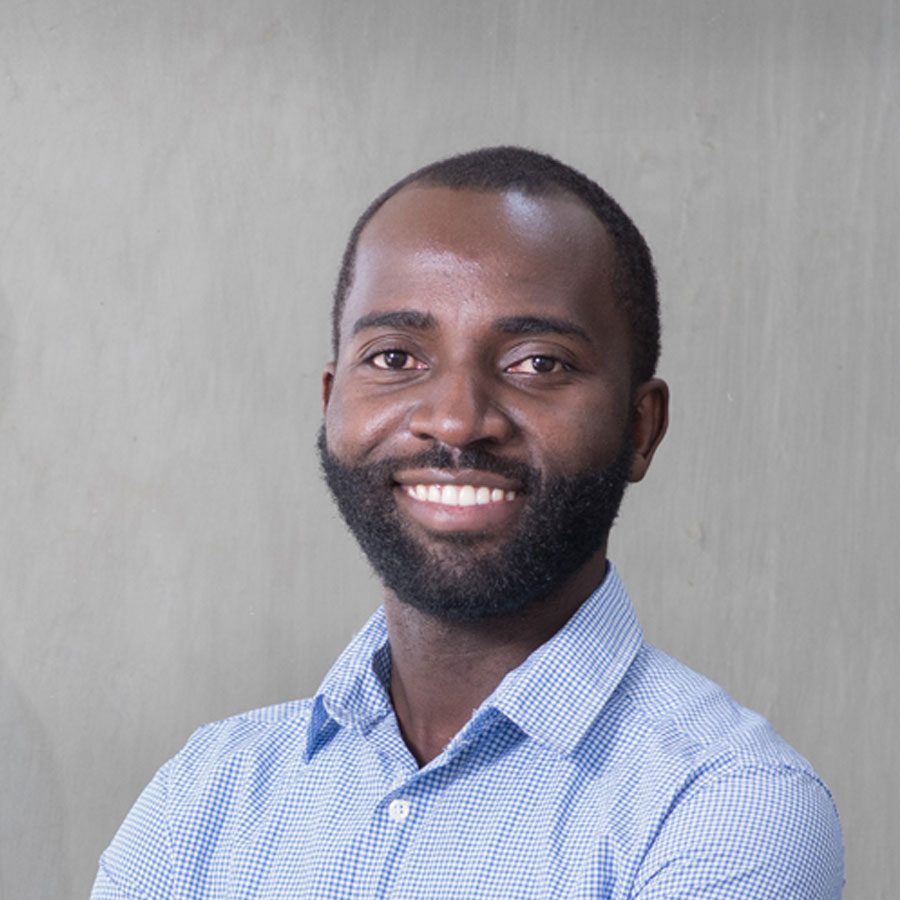
Tel: +27 (0) 12 420 3810
Fax: + 27 (0) 86 580 5743
Tresor.Makunya@up.ac.za
